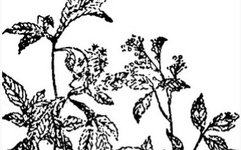Angelica Sinensis (Dang Gui)
The Shennong Bencao Jing states: Angelica Sinensis, with a sweet flavor and warm nature, is indicated for counterflow of qi causing difficulty in breathing; for warm malaria with symptoms of chills and fever, feeling as if cold water is splashed on the skin; for women’s menstrual disorders, infertility; and for various ulcers and wounds caused by metal injuries, which can be treated by drinking its decoction. Angelica Sinensis is also known as Qian Gui, growing in high slopes between two mountains with flowing water.
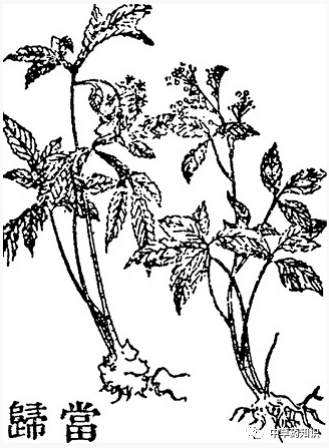
【Original Text】Angelica Sinensis, sweet in flavor, warm in nature. It treats cough and counterflow of qi; warm malaria with chills and fever felt on the skin; women’s menstrual disorders and infertility; various ulcers and wounds, decocted for drinking. Also known as Qian Gui. Grows in river valleys.
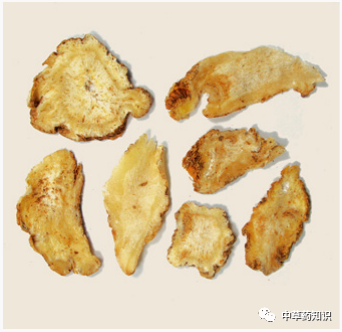
【Name Explanation】Angelica Sinensis is the root of the Umbelliferae family plant, and is one of the most commonly used Chinese herbs, revered as the “Holy Medicine for Women.” Legend has it that the name Angelica Sinensis comes from the ancient meaning of a woman longing for her husband to return. As expressed in a Tang poem: “Hemp is easy to plant, yet no one plants it, just like returning home but not returning.”
Angelica Sinensis is sweet in flavor and warm in nature. It is indicated for cough and asthma, warm malaria (characterized by initial heat followed by cold, with more heat than cold, thirst for cold drinks, red tongue with yellow coating as main symptoms), skin conditions like eczema, chronic non-healing ulcers, wounds caused by metal instruments, abnormal vaginal bleeding in women, infertility, etc. Angelica Sinensis can both nourish and invigorate blood, and has the effects of promoting qi, relieving pain, and moistening the intestines to relieve constipation. It enters the Heart, Liver, and Spleen meridians. Since the Heart governs blood, the Liver stores blood, and the Spleen regulates blood, it can treat all blood-related disorders, and is considered a good medicine for blood diseases by ancient physicians. It has excellent effects in regulating menstruation, thus is commonly used in gynecology for conditions such as menstrual irregularities, amenorrhea, dysmenorrhea, and various pregnancy-related issues, as well as blood deficiency, blood cold, blood stasis, and qi stagnation, showing significant therapeutic effects. It is also widely used in surgery and trauma treatment, as it can disperse blood stasis, reduce swelling, and promote tissue regeneration, thus applicable for “ulcers and wounds” as mentioned in the Bencao Jing. The Bencao Jing also states that Angelica Sinensis can “treat cough and counterflow of qi”; many physicians believe that qi and blood move together, and blood deficiency can lead to qi stagnation. Angelica Sinensis can nourish blood and yin, smooth the meridians, and benefit the lungs and kidneys, thus having a role in treating counterflow of qi. Additionally, when combined with qi-regulating herbs, it can treat blood stasis and qi stagnation; when paired with wind-dampness dispelling herbs, it can treat wind-dampness pain; and when used with laxative herbs, it can treat blood deficiency, dry intestines, and constipation. In summary, any condition caused by blood deficiency or stagnation can be treated with Angelica Sinensis.
According to traditional Chinese medicine, the properties and effects of Angelica Sinensis vary depending on the part used. Zhang Yuan Su once said: “The head stops bleeding, the tail breaks blood, the body harmonizes blood; the whole body is thus one part stops and one part breaks.” The Bencao Gangmu states: “For upper conditions, use the head; for middle conditions, use the body; for lower conditions, use the tail; for general treatment, use the whole herb, which is a certain principle.” Modern understanding generally holds that the body of Angelica Sinensis is good for nourishing blood, while the tail is good for invigorating blood; the whole herb can both nourish and invigorate blood, and when stir-fried with wine, it enhances the blood invigorating effect, while stir-frying with oil enhances the intestinal moistening effect.
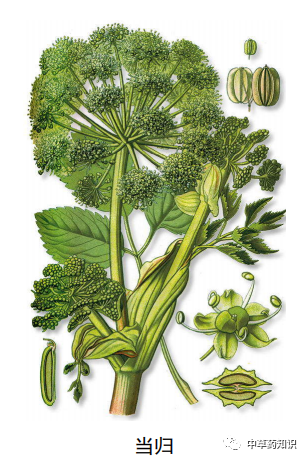
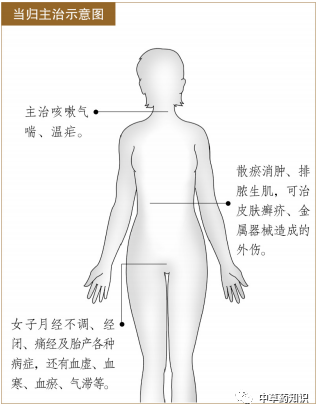
【Therapeutic Formulas】 (For reference only)
For hematuria
Take 125 grams of Angelica Sinensis, crush it, add 3 liters of wine, boil down to 1 liter, and take it all at once.
For splitting headache
Take 62 grams of Angelica Sinensis, add 1 liter of wine, boil down to 600 milliliters, and take twice daily.
For arm pain
Take 93 grams of Angelica Sinensis, finely chop, soak in wine for 3 days, then drink. After finishing, continue with the same method until recovery.
For chronic dysentery
62 grams of Angelica Sinensis and 31 grams of Wu Zhu Yu. Stir-fry the herbs together, remove Wu Zhu Yu, grind Angelica Sinensis into powder, mix with honey to form pills the size of a phoenix seed, and take 30 pills with rice soup each time.
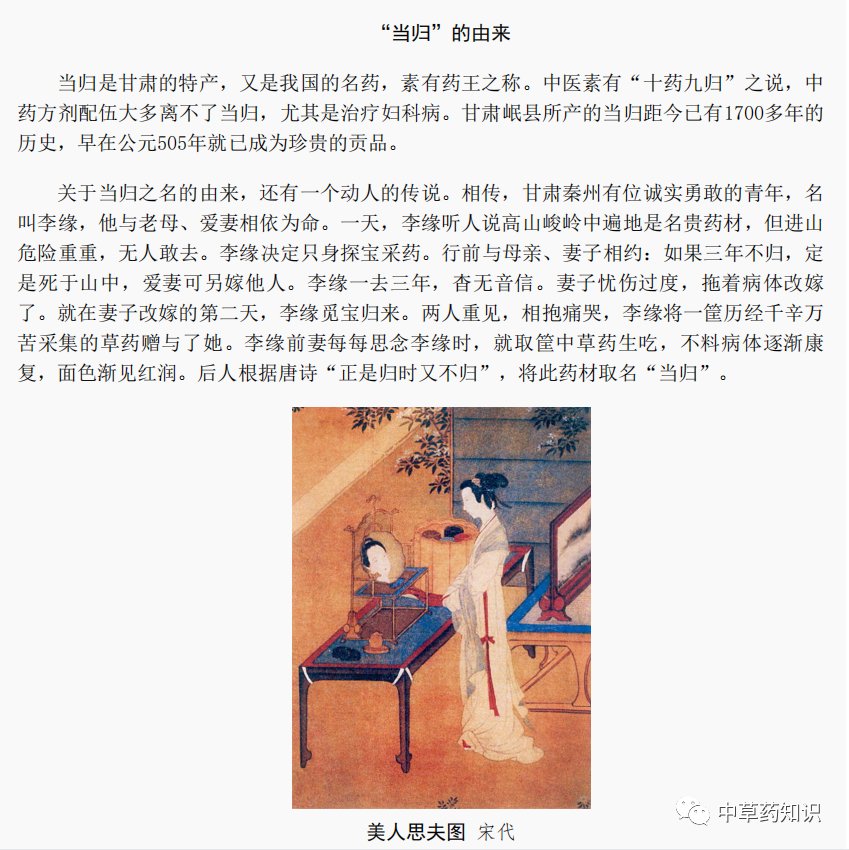
For constipation
Equal parts of Angelica Sinensis and Bai Zhi (Angelica Dahurica) ground into powder, take 6 grams with rice soup each time.
For women’s ailments
125 grams of Angelica Sinensis and 62 grams of Di Huang (Rehmannia Glutinosa). Grind the herbs together, mix with honey to form pills the size of a phoenix seed, and take 15 pills with rice soup before meals.
For retrograde menstruation, coming out from the mouth and nose
First take the juice of Jing Mo (Chinese ink), then take 9 grams each of Angelica Sinensis tail and Hong Hua (Carthamus Tinctorius), add 180 milliliters of water, decoct until 80% done, and take warm.
For amenorrhea in young girls
Take 3 grams each of Angelica Sinensis tail and Myrrh, grind together. Take with wine infused with Hong Hua once daily.
For women’s blood qi, abdominal distension below the navel, menstrual irregularities, frequent vomiting, and poor sleep
12 grams of Angelica Sinensis and 6 grams of Gan Qi (burnt lacquer). Grind the herbs together, mix with refined honey to form pills the size of a phoenix seed, and take 15 pills with warm wine each time.
For postpartum abdominal pain like cramping
Take 15 grams of Angelica Sinensis powder, boil with 100 milliliters of white honey and 240 milliliters of water, divide into two doses. If ineffective, another dose can be taken.

